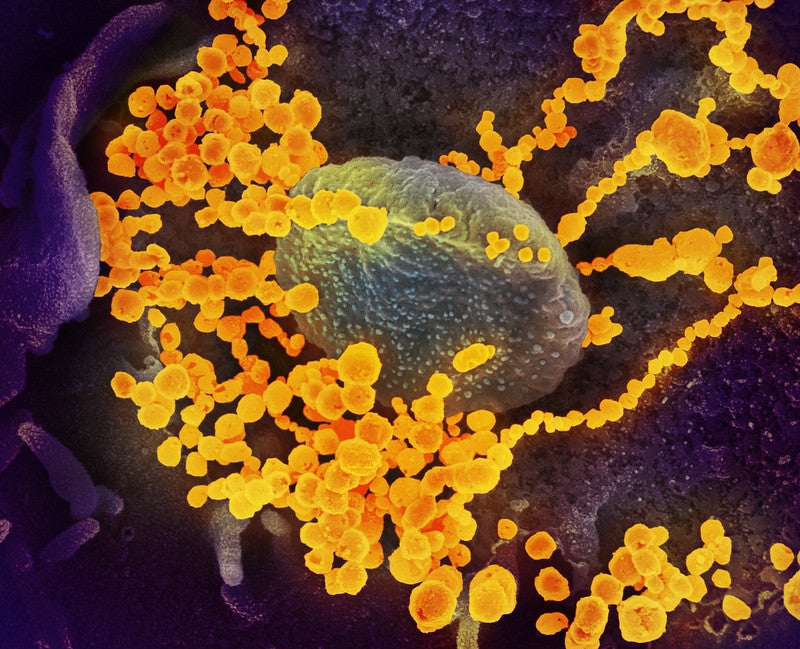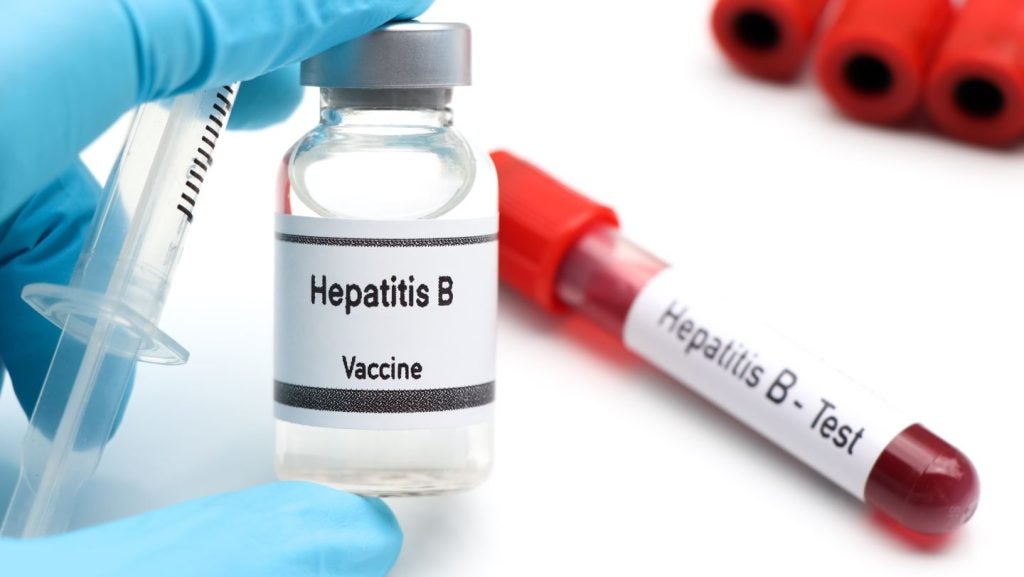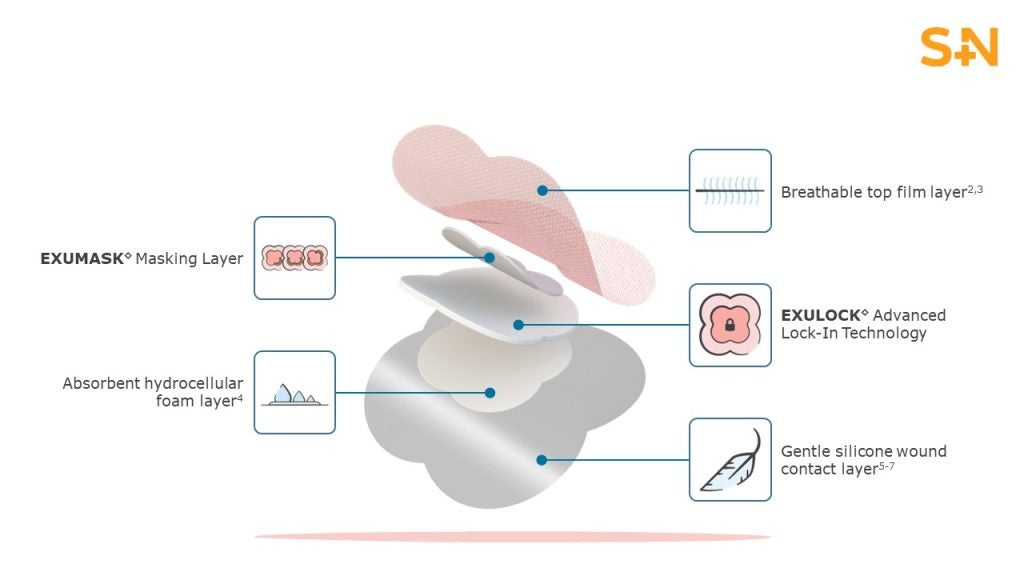
Canada-based FSD Pharma has submitted an investigational new drug application (IND) to the US Food and Drug Administration (FDA) to assess FSD201 (ultramicronized palmitoylethanolamide) against Covid-19.
FSD201 exhibits anti-inflammatory properties and is expected to address the cytokine storm caused by acute lung injury in hospitalised patients with Covid-19.
The company proposed to conduct a randomised, controlled, double-blind, multi-centre trial at 25-30 sites across North America. It aims to evaluate the safety and efficacy and of FSD201 given at 600mg or 1200mg dose twice-daily.
FSD201 will be administered with standard of care (SOC). It will be compared to SOC alone in hospitalised patients with documented Covid-19 infection.
In June this year, FSD Pharma received approval from the US Food and Drug Administration (FDA) to design a Phase IIa trial of FSD-201 to treat Covid-19.
The primary endpoint of the study is the ability of FSD-201 plus SOC to offer a significant improvement in clinical status.
How well do you really know your competitors?
Access the most comprehensive Company Profiles on the market, powered by GlobalData. Save hours of research. Gain competitive edge.

Thank you!
Your download email will arrive shortly
Not ready to buy yet? Download a free sample
We are confident about the unique quality of our Company Profiles. However, we want you to make the most beneficial decision for your business, so we offer a free sample that you can download by submitting the below form
By GlobalDataKey secondary objectives include safety, objective assessments, length of time to clinical progression, and length of hospital stay. The exploratory endpoint is cytokine clearance determine using Enzyme Linked Immunosorbent Assay (ELISA).
In a statement, the company said: “The duration and cost of clinical trials can vary significantly depending on multiple factors, including the enrollment rate of patients, country in which trials are conducted, and specific trial protocols required.
“The process of developing pharmaceutical products and receiving the necessary regulatory approvals for commercialisation typically takes several years.”
The Phase II trial programme is subject to a toxicology study and completion of ongoing laboratory studies, access to additional financing and review of IND by the FDA, said the company.







